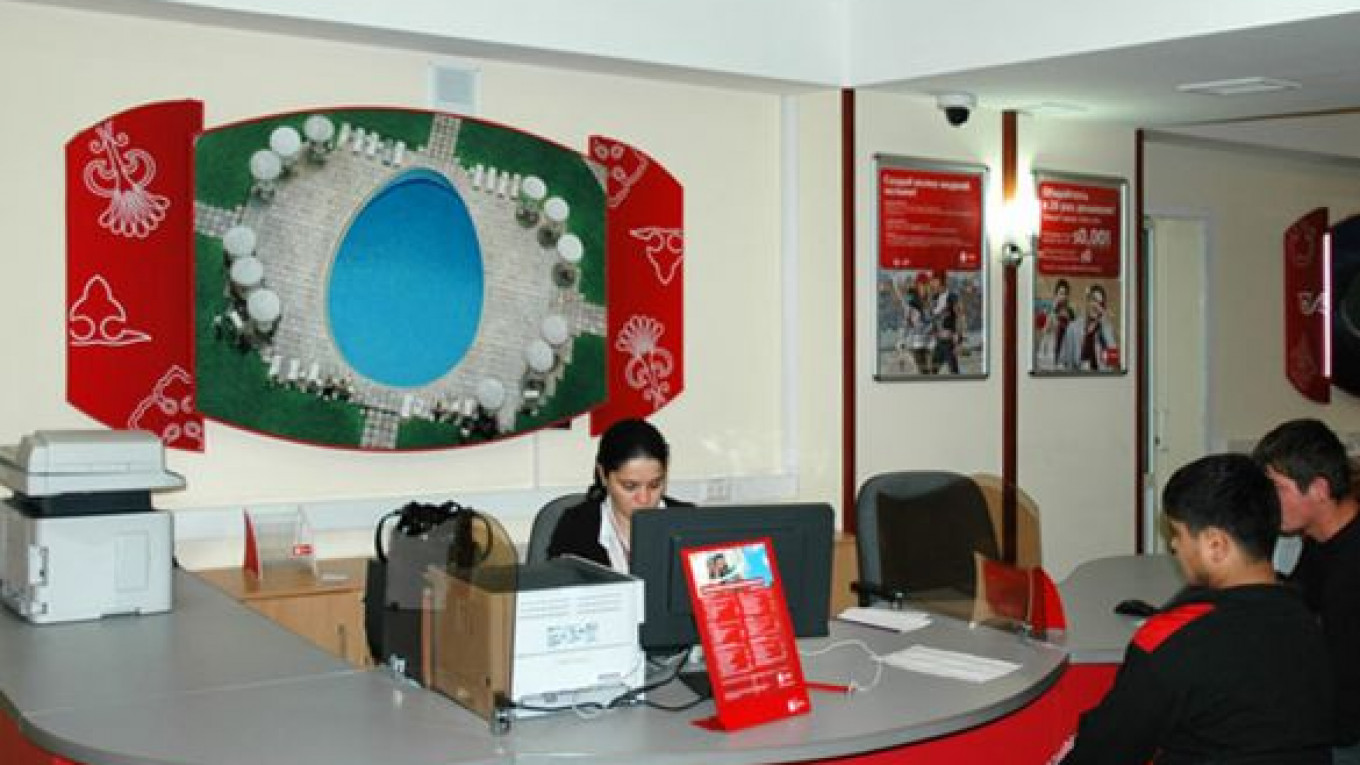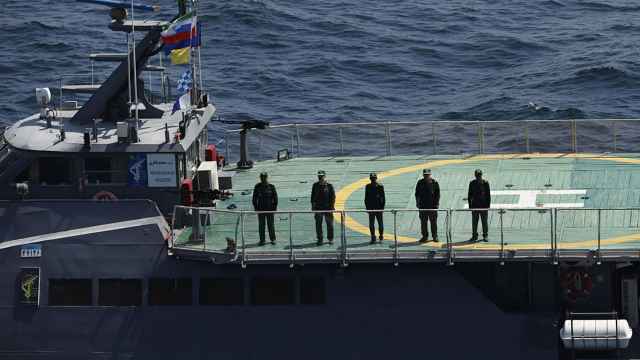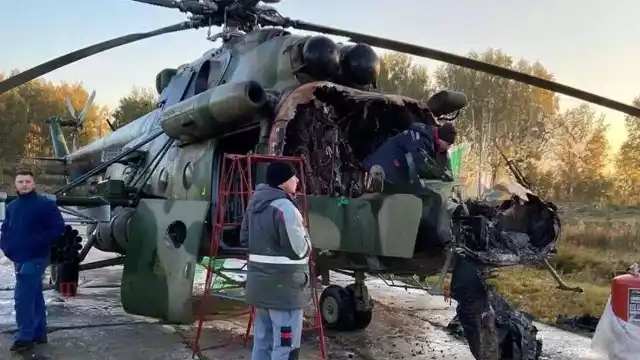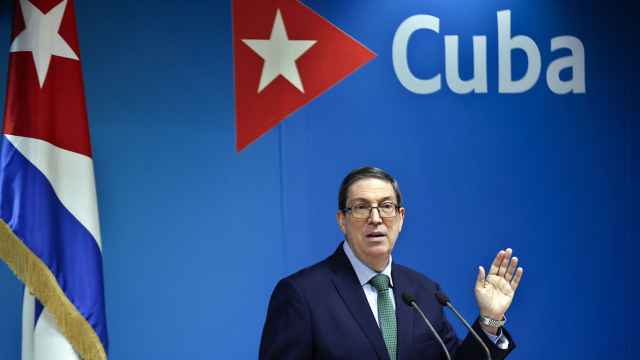Transportation infrastructure costs could soon place an unbearable burden on Moscow's budget.
When the city's southwestern limits are pushed out July 1, Moscow will more than double in area. And road-building alone may require more than 1 trillion rubles ($30 billion).
To build a transportation infrastructure in the annexed areas similar to what exists now in Moscow, the city will need to invest at least $15 billion in road construction, Mikhail Blinkin, director of the Higher School of Economics' Institute of Transport Economics and Transport Policy, said.
A serviceable road network would cost about $32 billion, experts say. That's for roads and light rail; metro and railways aren't included, Blinkin said.
"There are international standards for assessing a road network. We also did preliminary calculations, and our figures are roughly the same, but in reality construction will be cheaper," said Marat Khusnullin, the deputy mayor for construction.
Blinkin said several options are being considered. At a minimum, the construction of two major roads and a minimal road network will cost the city $15 billion.
If a government center is built, an additional 20 kilometers of highway will be needed, at a cost of about $32 billion.
"Will that bring happiness? I doubt it," Blinkin said. "But the situation will be better than it is today in Moscow."
The city has the equipment needed for construction. The only question is money, he added.
And the money may not be there. The website states that 224.16 billion rubles have been allocated for development of the transportation system in 2012, including 98 billion rubles for road construction.
So if Moscow decided to build roads in the new territories immediately, the expense would consume the entire road budget for 12 years.
Natalya Zubarevich, regional program director at the Independent Institute of Social Policy, said the city's revenue will fall in the coming years.
The capital is expected to lose 45 billion rubles in revenue this year because of tax consolidation by large holdings. In four years, that amount is projected to rise to 120 billion rubles.
Moscow would also lose significant revenue if the government decides to have people pay their income tax at their place of residence.
Moscow's deputy mayor for economic policy, Andrei Sharonov, said that 6.2 million people work in Moscow, and 2.2 million commute from beyond its boundaries.
Zubarevich gave an estimate of 1.2 million to 1.3 million people who come into Moscow from the suburbs to work every day.
The city's revenue this year is projected to be 1.46 trillion rubles.
Khusnullin said there is enough money in the budget to cover construction of transportation infrastructure in both the existing and new areas of the city.
He said city authorities would maximize the capabilities of the existing road network in the next five years and then turn their attention to new territory.
For the time being, the three-year budget for transportation development in the new territory is about 8 billion rubles.
Some members of the Moscow regional legislature are opposing the expansion of Moscow into the region, a much-touted plan that is scheduled to officially come into force in less than a week.
The Communist Party faction in the regional legislature is calling for a review of the expansion, which both Prime Minister Dmitry Medvedev and Moscow Mayor Sergei Sobyanin have backed.
Communist faction chairman Konstantin Cheremisov said the government had plowed ahead with the plan, which will draw almost 150,000 hectares out of the region's southwest, without proper public input.
"First and foremost, the authorities should have consulted with the people," he told Interfax on Friday. "But we are sticking with our own opinions and standing against Moscow's expansion," he added.
Medvedev proposed the "Greater Moscow" concept in June 2011, and both he and Sobyanin have aggressively pushed the transportation, land use and other planning for it.
The project is intended to decrease traffic congestion in the city center by relocating some ministries to the newly added land and creating space for a new financial district.
A Message from The Moscow Times:
Dear readers,
We are facing unprecedented challenges. Russia's Prosecutor General's Office has designated The Moscow Times as an "undesirable" organization, criminalizing our work and putting our staff at risk of prosecution. This follows our earlier unjust labeling as a "foreign agent."
These actions are direct attempts to silence independent journalism in Russia. The authorities claim our work "discredits the decisions of the Russian leadership." We see things differently: we strive to provide accurate, unbiased reporting on Russia.
We, the journalists of The Moscow Times, refuse to be silenced. But to continue our work, we need your help.
Your support, no matter how small, makes a world of difference. If you can, please support us monthly starting from just $2. It's quick to set up, and every contribution makes a significant impact.
By supporting The Moscow Times, you're defending open, independent journalism in the face of repression. Thank you for standing with us.
Remind me later.






